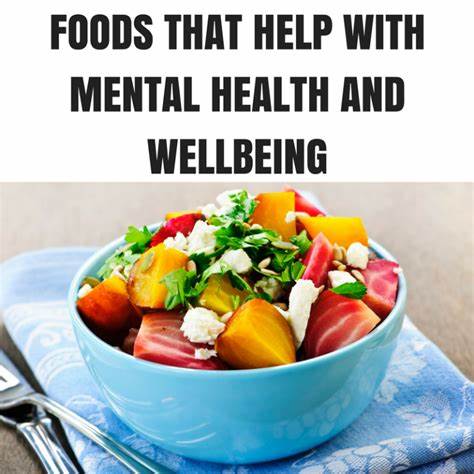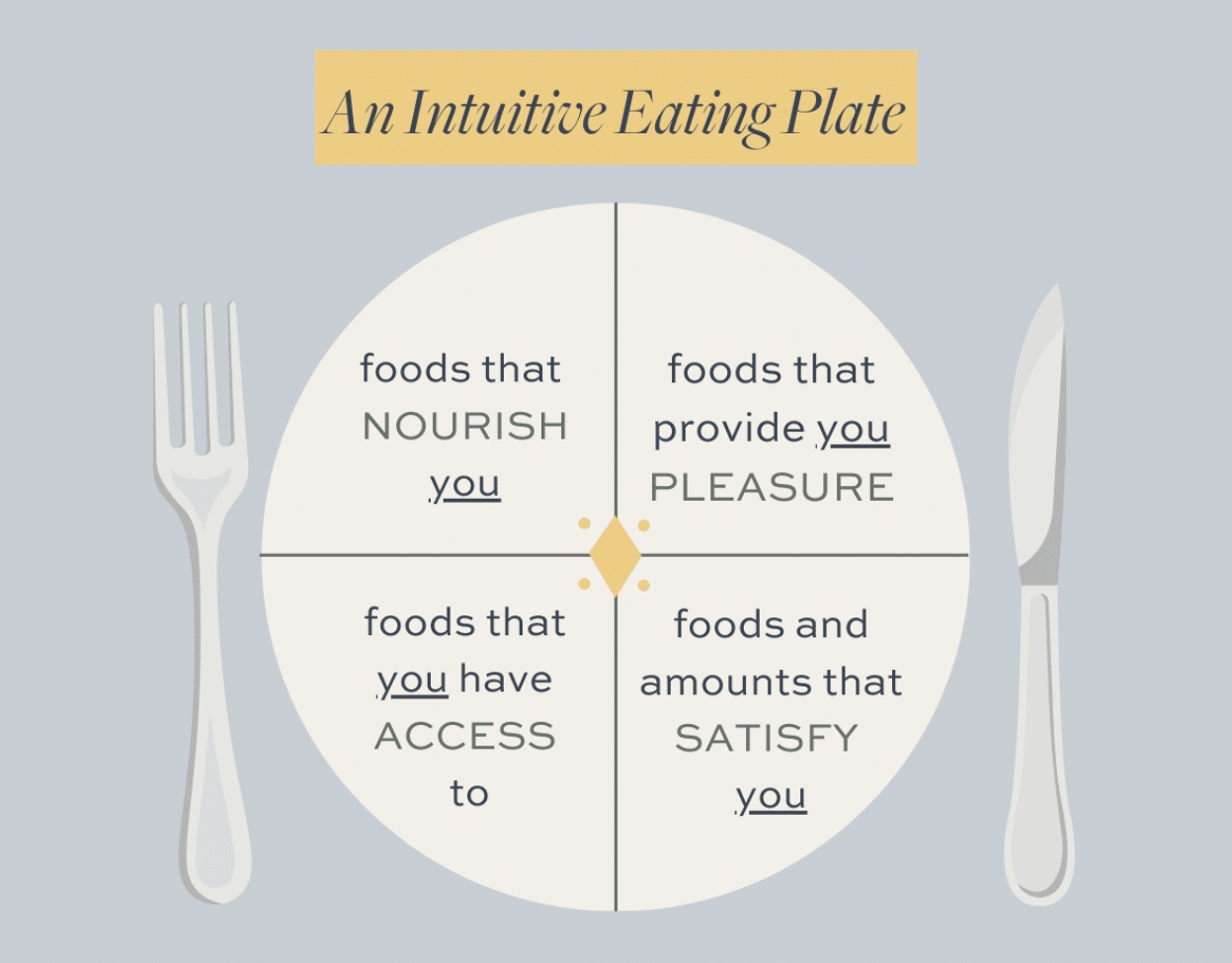It’s a play on words because of the blood type book but it still makes sense here.
Your nutrition can play a significant role in managing and potentially alleviating symptoms of depression. While it’s not a standalone cure, a balanced diet can support overall mental health and complement other treatments such as therapy and medication. Here are some ways nutrition can impact depression:
Nutrients and Mental Health
- Omega-3 Fatty Acids: Found in fatty fish, flaxseeds, and walnuts, omega-3s are essential for brain health and have been linked to reduced symptoms of depression.
- B Vitamins: Vitamins such as B6, B12, and folate are crucial for brain function and the production of neurotransmitters. Sources include leafy greens, legumes, eggs, and fortified cereals.
- Vitamin D: Low levels of vitamin D have been associated with depression. Sunlight exposure and foods like fortified dairy products and fatty fish can help maintain adequate levels.
- Antioxidants: Foods rich in antioxidants, like fruits and vegetables, can help reduce inflammation and oxidative stress, which have been linked to depression.
- Amino Acids: Tryptophan, found in turkey, chicken, and dairy, is a precursor to serotonin, a neurotransmitter that regulates mood.
Eating Patterns
- Balanced Diet: A diet that includes a variety of nutrients from different food groups supports overall brain health.
- Regular Meals: Skipping meals can lead to blood sugar fluctuations, which can affect mood and energy levels. Regular, balanced meals help maintain stable blood sugar.
- Hydration: Proper hydration is essential for overall brain function and mood regulation. Aim to drink plenty of water throughout the day.
Foods to Limit
- Processed Foods: High in sugar and unhealthy fats, processed foods can contribute to inflammation and negatively impact mood.
- Alcohol and Caffeine: Both can affect sleep and mood stability. Limiting intake can be beneficial.
- Sugar: High sugar intake can lead to mood swings and energy crashes.
Things to take into Account
- Individual Differences: Nutritional needs can vary based on individual health conditions, lifestyle, and genetic factors. It’s important to find what works best for you.
- Professional Guidance: Consulting with a healthcare provider or a registered dietitian can help tailor a nutrition plan to support mental health needs.
I know what you’re saying, doctors say we need pharma and you may but while proper nutrition alone may not cure depression, it is a valuable component of a holistic approach to mental health care. Combining a balanced diet with other treatments can provide significant benefits for managing depression.




